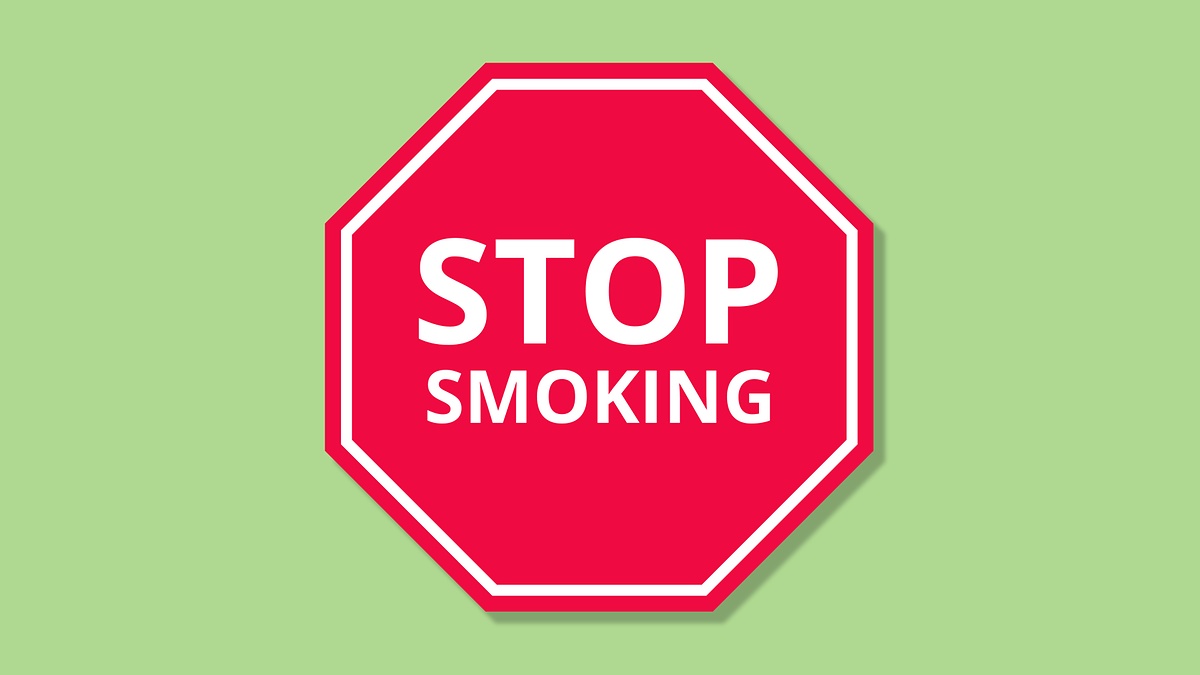The Main Principles Of Nicotine Withdrawals: Symptoms, Side-Effects, and Duration

About Cravings and withdrawal when you stop smoking - HSE.ie
Simply 1 day after stopping smoking cigarettes, the risk of cardiac arrest begins to reduce. Smoking cigarettes raises the danger of establishing coronary cardiovascular disease by lowering great cholesterol, that makes heart-healthy exercise harder to do. Smoking also raises blood pressure and increases blood embolisms, increasing the risk of stroke. In as little as 1 day after stopping cigarette smoking, a person's high blood pressure begins to drop, decreasing the danger of cardiovascular disease from smoking-induced high blood pressure.


What happens after you quit smoking? A timeline
Smoking damages the nerve endings responsible for the senses of smell and taste. In as little as 2 days after giving up, a person might notice an increased sense of smell and more brilliant tastes as these nerves recover. 3 days after stopping cigarette smoking, the nicotine levels in an individual's body are diminished.
Around 3 days after giving up, many people will experience moodiness and irritability, severe headaches, and cravings as the body adjusts. In as low as 1 month, a person's lung function starts to improve. As the lungs heal and lung capability improves, former smokers may notice less coughing and shortness of breath.
Benefits of Quitting - Smokefree.gov for Dummies
For the next several months after quitting, flow continues to enhance. 9 months after giving up, the lungs have significantly recovered themselves. The delicate, hair-like structures inside the lungs called cilia have recuperated from the toll cigarette smoke took on them. These structures help push mucous out of the lungs and help battle infections.

What happens after you quit smoking? A timeline
One year after stopping smoking cigarettes, a person's danger for coronary heart disease reduces by half. This risk will continue to drop past the 1-year mark. Cigarettes consist of many recognized toxic substances that cause the arteries and capillary to narrow. cytisine for sale increase the likelihood of developing blood clots.

Stop Smoking - Services, Advice & Benefits - Healthera
This widening implies the blood is less likely to embolisms, lowering the danger of stroke. The threat of stroke will continue to lower over the next 10 years as the body heals more and more. After 10 years, an individual's chances of developing lung cancer and passing away from it are approximately halved compared to somebody who continues to smoke.
